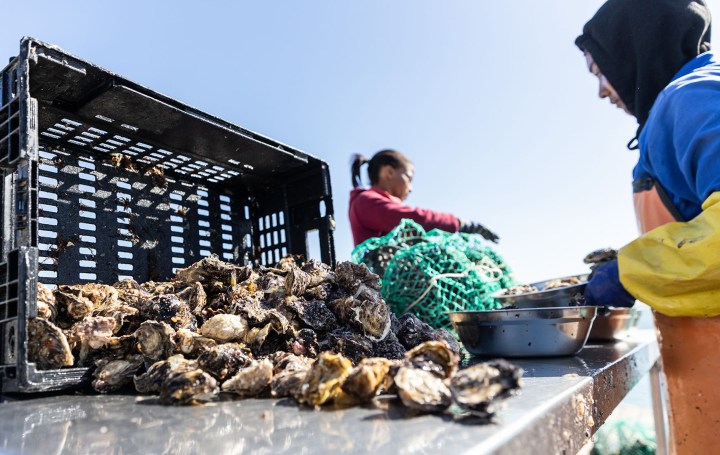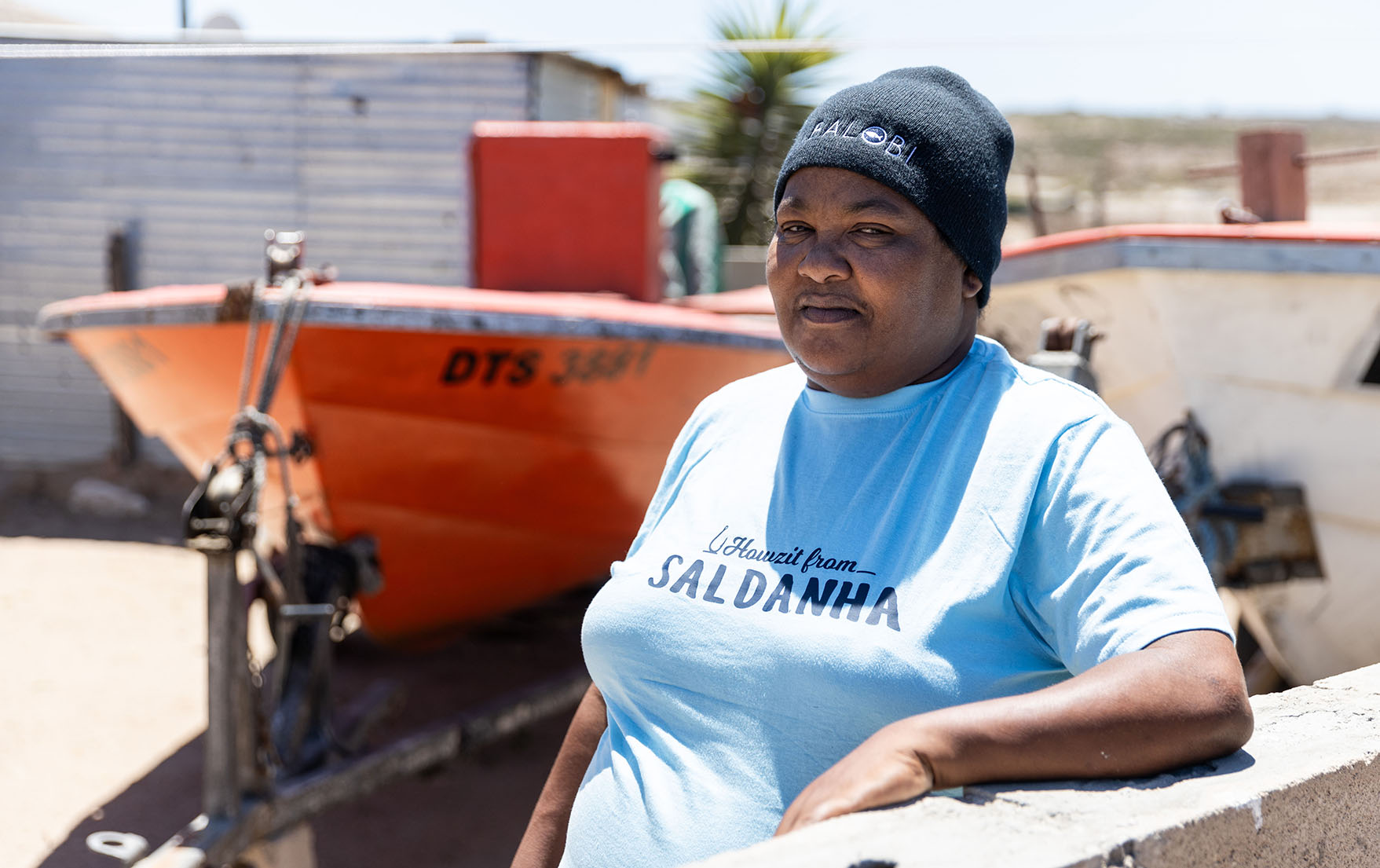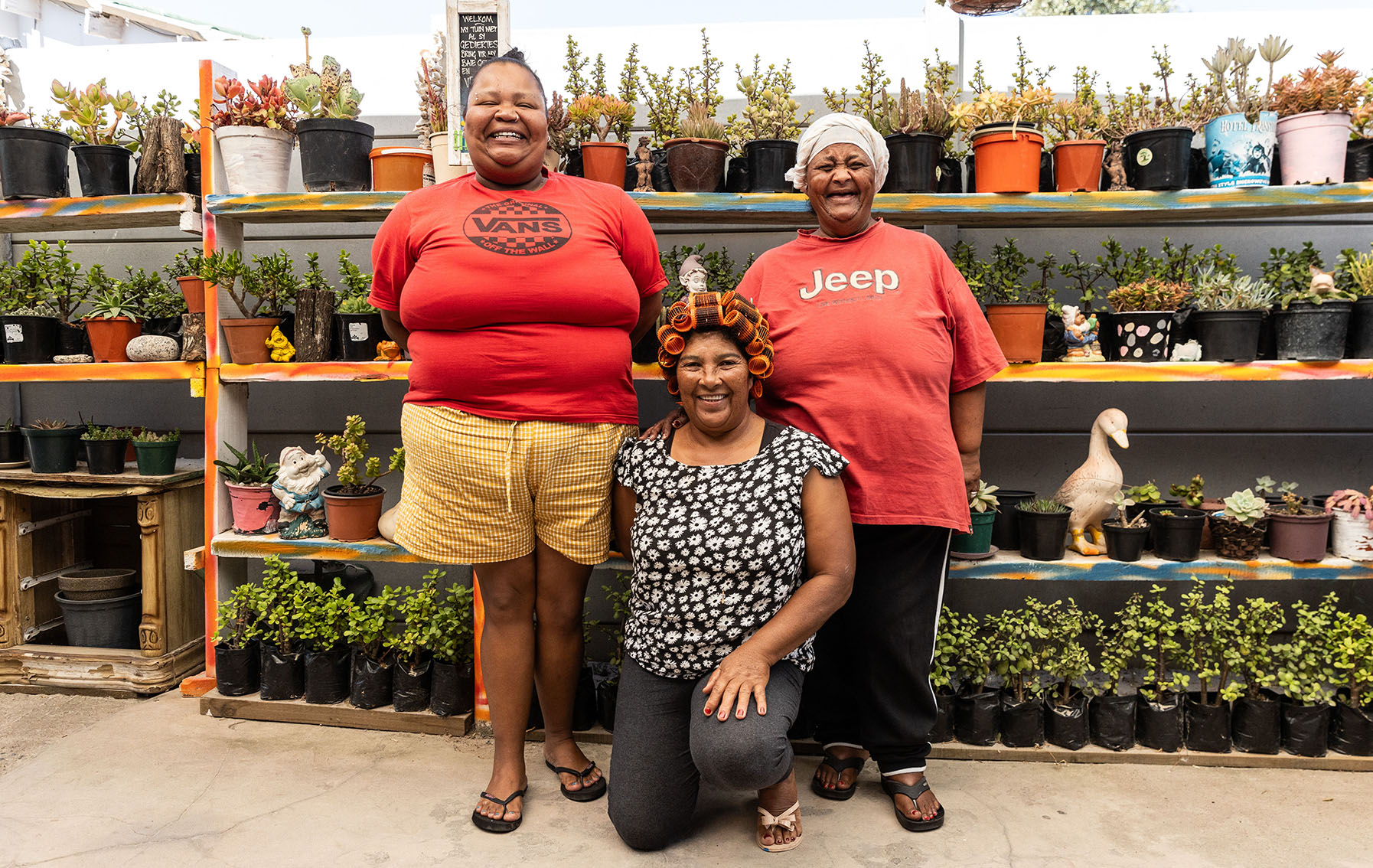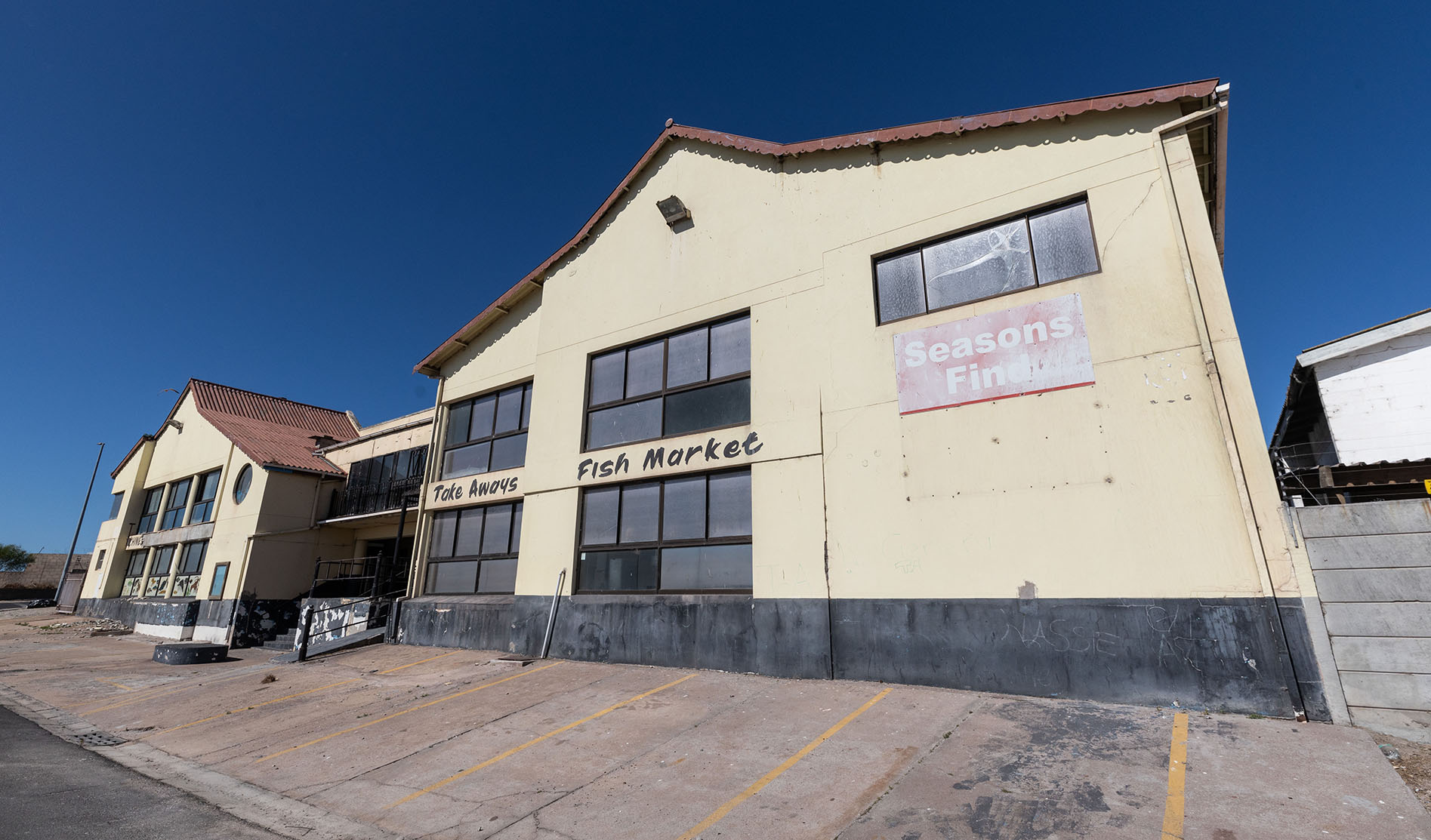PORT'S CALLING
Tales from Saldanha — from fishing to tourism, the local economy needs big plans (Part 2)

In the first piece of this three-part series we described Saldanha as being at a crossroads. All eyes are on this critical port town – from each sphere of government to private companies, international entities and smaller players. The multitude of actors only adds to the challenges.
The costs of Saldanha’s extractive development path over the past century are largely borne by residents across the municipality, leaving layers of both dust and mistrust in the region.
South Africa is sadly unique when it comes to the local and informal economy. As we’ve written previously, the regulatory environment and an enforcement-driven approach to informal economies is one of the main reasons for the relatively small size of South Africa’s informal economy. In most comparable countries in the Global South, jobs outside typically formal sectors usually make up the majority of employment – the opposite of South Africa’s situation.
Read Part 1 in Daily Maverick: Tales from Saldanha — can the town find its green future? (Part 1)
There is an opportunity to change this. Green industries will only succeed if they support local well-being. Small-scale fishing and local tourism show that there are often very practical ways to do this. While overcoming existing challenges like the red dust problem and the difficulty in using public assets for local economic activity, are equally important.
Informality meets technology
Alban Blake is in charge of Marketplace Operations and Development on the West Coast for Abalobi, a social enterprise that successfully brings together tradition and technological innovation. He explains that the Abalobi app connects fishers to the marketplace while helping to create, collate and use data to improve livelihoods.

Carmelita Mostert, in addition to fishing, produces jam and koeksisters and would like to set up a fish and chips stand at the Old Harbour. (Photo: Ashraf Hendricks)
Having worked for the Western Cape government, and grown up in a fisher family in Langebaan, Alban has a good understanding of the challenges involved.
The permit situation over the past 20 years has made it extremely difficult for small-scale fishers to earn a living, decimating the small-scale fishing economy in many places.
Recently, Alban worked through the small-scale fishing permit application process by supporting one of the Langebaan local fishermen. After many months, the permit was declined due to insufficient data on their historical fishing – just one of the many requirements that make it difficult to comply.
Alban recalls, however, how the information the fisher had been collecting through Abalobi enabled him to submit the missing part in his appeal and finally obtain a permit. “Fishers must pay attention to their data so that when fishing rights are allocated again, they can one day inform authorities through their historic data and ultimately shape policy.”
In addition to policy changes, fisherfolk need the types of assurances that standard environmental impact assessments often fail to achieve. According to Liziwe McDaid from the Green Connection: “Saldanha has a future but this means making specific choices and the key is who is making those choices. Mostly it is players that continue with the old style of development.”
A different type of tourism
The Western Cape government has impressive development plans for the tourism industry which seeks to build on its natural beauty, gastronomical history and cultural richness. It is also clear that this is the type of service industry that can create employment for a wide range of skills and business sizes.
Researcher Penelope Price, who has studied the region for many years, reflects on the potential to create a unique tourism offering, which provides the opportunity to learn about new technologies being developed and built in harmony with the protection of biodiversity. “There is an opportunity to use it as a ‘lab’ to explore how to sustainably coexist with natural ecosystems and heritage. There is a nature reserve nearby as well as a military base and we can harvest those dynamic tensions,” she says.

Women on the Move founders Xylia Loubser, Jacoba Smith and Solene Smith at their urban garden. (Photo: Ashraf Hendricks)
However, the sector is fundamentally constrained by the ongoing pollution. The chairperson of the Red Dust Action Group, Kyle Dods, explains that the red dust has a major impact on businesses across Saldanha Bay and even as far as St Helena Bay, while reducing the potential for further investment in Saldanha. Black dust from the more recent manganese exports will only exacerbate this situation.
Curbing the impact of pollution and protecting biodiversity is essential and individuals like Kyle are advocating for change – particularly for effective mitigation measures by Transnet Port Terminals (TPT) and even legislative changes on the levels of pollution allowed and how they are measured. The Red Dust Action Group is engaged in multi-stakeholder discussions with TPT in the hope of finding lasting solutions.
Public space and supporting local economies
Carmelita Mostert, a local small-scale fisher, says the Saldiaz Co-op, where she is a member, is pursuing the use of Saldanha’s old harbour, to set up a market. Carmelita explains they want to sell fish and chips and use what is now a dilapidated space to offer other products they have developed over the years to diversify their income.
Carmelita and her colleagues have it mapped out and have presented it to relevant national government departments. They have the support of Saldanah’s mayor, but the problem is that the harbour and its run-down buildings are owned by the Department of Public Works and they have struggled to lease the space because of departmental dysfunction, intergovernmental hurdles and party politics.
Back in Langebaan, Solene Smith, one of the fisherwomen we met in the first part of this series, joined with her neighbours and law enforcement to take action after seeing the rising drug addiction and drug dealing in her neighbourhood.
Later, during one of their daily walks, Solene, Xylia Loubser, Jacoba Smith and Dianah Bruintjies decided to give a name to their collective efforts and “Women on the Move” was born.
They started a food garden for their own consumption and to donate to old age homes. They also started to make crafts and sell their wares at a weekend market and sometimes online.
Women on the Move has the potential to connect with a much larger community because they are woven into the fabric of the town. With real business support and greater exposure, their impact could be maximised. Their dreams are big, and include “exploring the whole West Coast because nothing is impossible”, says Solene.
Different ways to think about the economy
All of these opportunities and barriers lead to questions about alternative ways of building thriving economies and societies. The idea of a “well-being economy”, which has been adopted by global institutions like the World Health Organization, takes into account the social and ecological dimensions needed for sustainable economies.
Dr Simon Mayson from the Economic Development Partnership highlights the importance of responding to basic needs like unemployment, and embracing the variety of livelihood options, including informal activities. “We need a broader understanding of the economy that focuses on growing certain aspects while shrinking or de-growing others that are harmful to our well-being,” he explains.

Abandoned buildings at the Old Harbour belong to the Department of Public Works and local fisherwoman want to establish a fish market. (Photo: Ashraf Hendricks)
A local interpretation of these principles has been called the “Koeksister economic model” which promotes low-carbon development that is grounded on local supply chains. In other words, supporting what is already there and ensuring that longer-term plans build on those efforts coherently and inclusively.
No one wants the big plans in Saldanha to turn into more red dust or leave more people behind. To avoid this future, there is enormous potential to build on the existing local economic activity of women, businesses, fishers and beyond.
Achieving this may only be possible through collaboration between all players – big and small – to address the existing challenges and enable local economies to grow in a way that they complement big plans. The investment in local actors in Saldanha’s economy needs to be just as big as those for green hydrogen and the rest.
Cities across Africa, Latin America and Asia are themselves facing big challenges with how to build green economies. In the final piece of this series we reflect on what has come to be known as the “popular economy” in Colombia, and how this is playing out in the context of major shifts to green energy in the country. DM
Marcela Guerrero Casas and Dustin Kramer are the co-founders of Local South. Located between Cape Town and Bogotá, they work to create sustainable, dynamic and livable cities in the Global South.
This work was supported by Heinrich Böll Stiftung Southern Africa.




















Comments - Please login in order to comment.